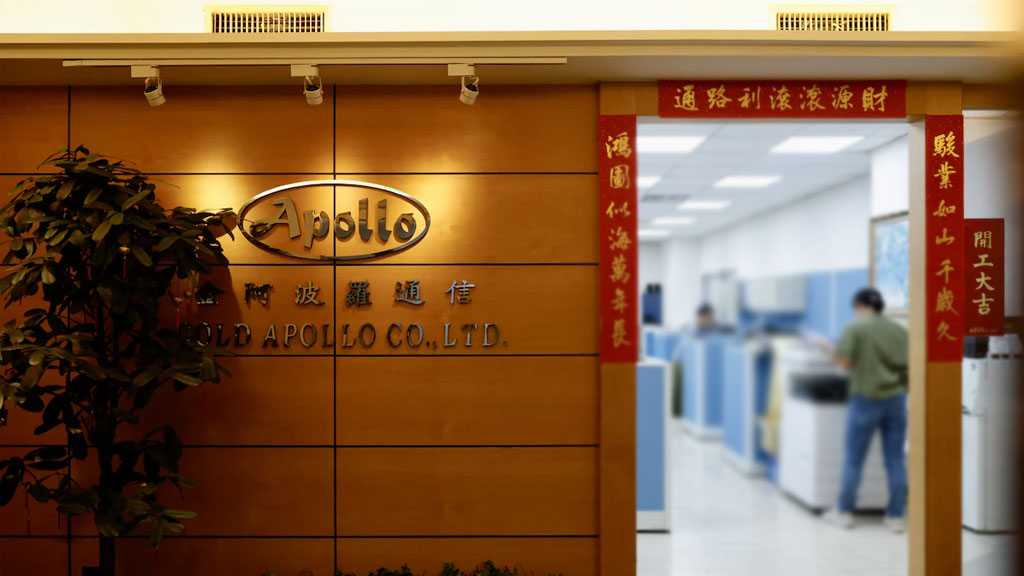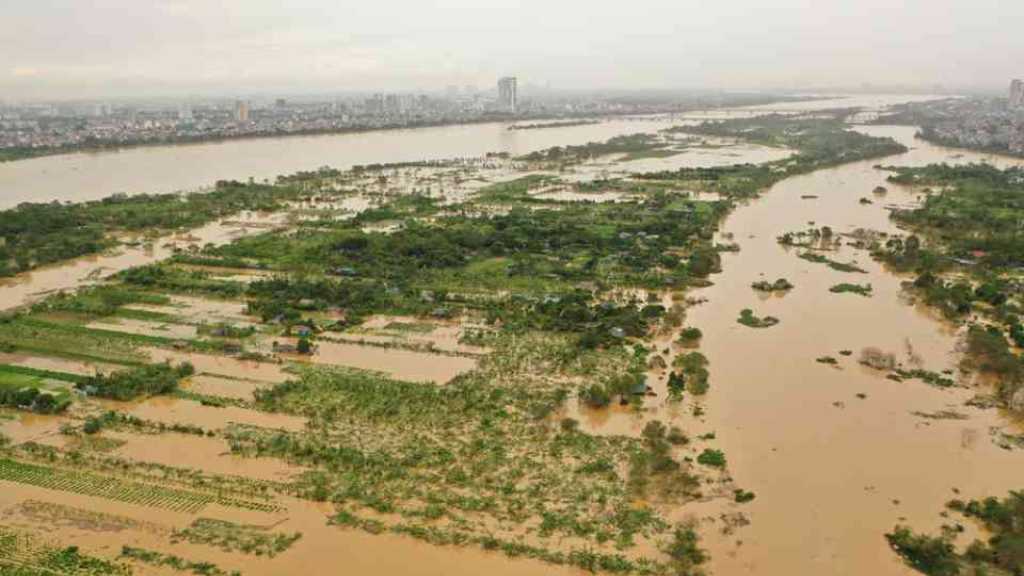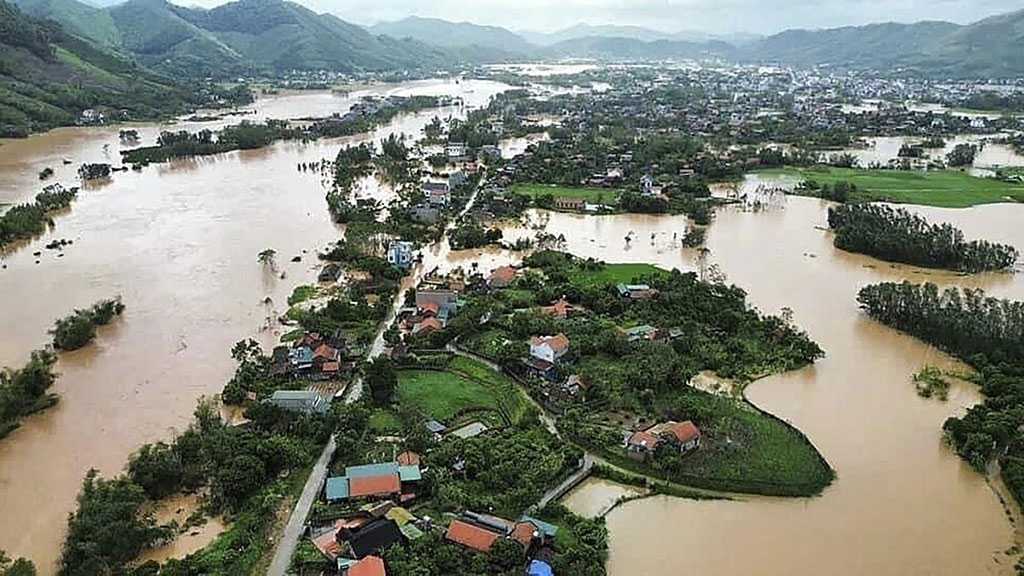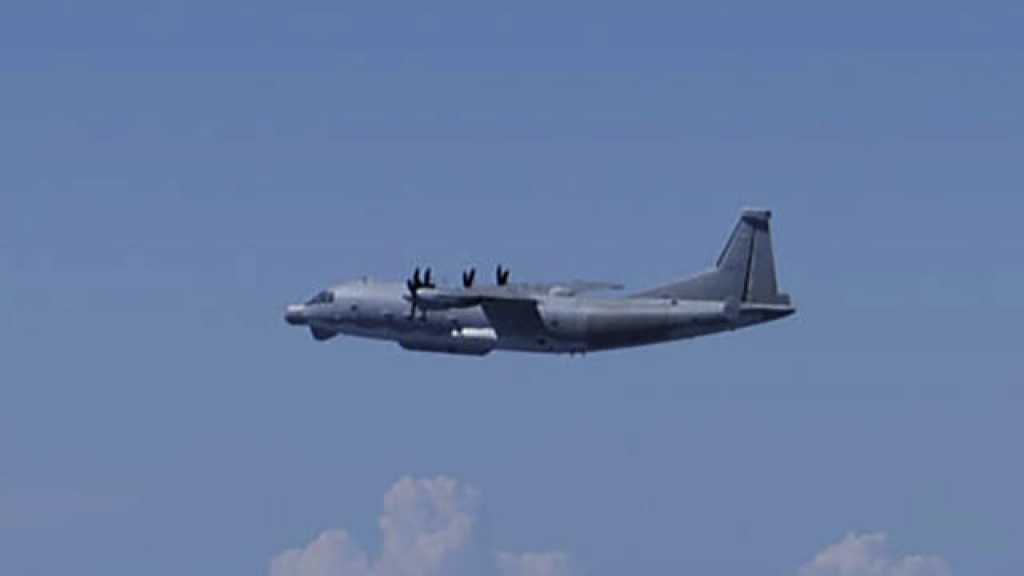Sri Lanka to Receive First Tranche of IMF Bailout Funds
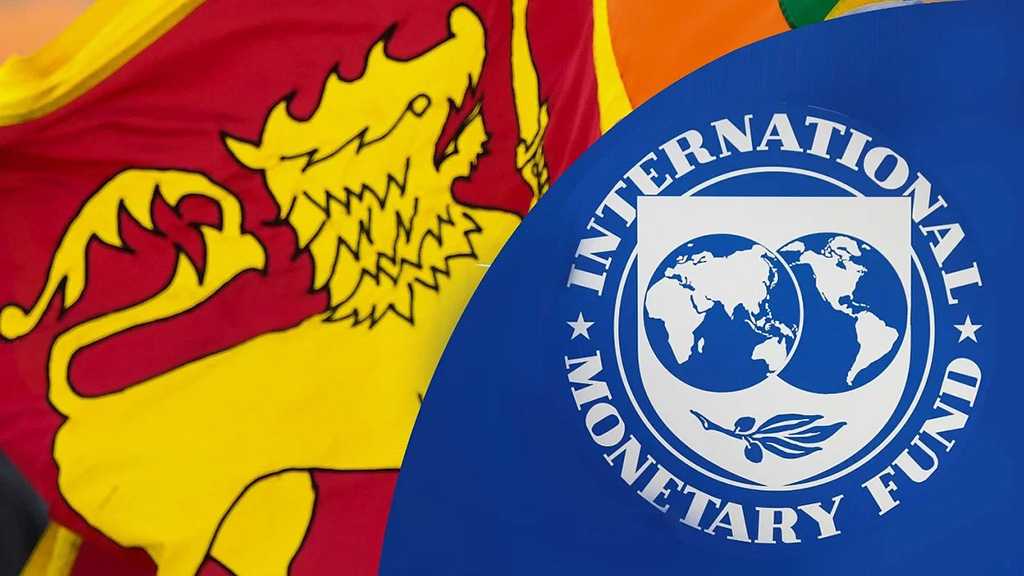
By Staff, Agencies
Sri Lanka will get the first $330 million tranche of the International Monetary Fund's bailout in the next two days, the global lender said on Tuesday, putting the onus on the cash-strapped nation to rein in its debt to sustainable levels.
Economic mismanagement coupled with the impact of the COVID-19 pandemic left Sri Lanka severely short of dollars for essential imports at the start of last year, tipping the island nation into its worst financial crisis in seven decades.
The IMF's executive board on Monday approved a nearly $3 billion bailout for Sri Lanka with the endorsement expected to catalyze additional external support for the country to the tune of $3.75 billion from the likes of the World Bank, the Asian Development Bank and other lenders.
The office of the country's president, Ranil Wickremesinghe, said the program will enable it to access up to $7 billion in overall funding.
"Sri Lanka is no longer deemed bankrupt by the world," Wickremesinghe said in a video statement released by his office. "The loan facility serves as an assurance from the international community that Sri Lanka has the capacity to restructure its debt and resume normal transactions."
The IMF funding will, however, not immediately help millions of Sri Lankans, who are being squeezed by soaring costs of living, high income taxes of up to 36% and a 66% increase in power tariffs. The economy is expected to shrink by 3% this year after contracting 7.8% in 2022.
Half of the families in Sri Lanka have been forced to reduce the portions they feed their children, according to a survey by Save the Children released this month.
Shehan Semasinghe, Sri Lanka's state minister of finance, said the IMF bailout was "absolutely essential" for the country.
"But now we have to patiently focus on very difficult reforms going ahead. We have to continue to work together to rebuild Sri Lanka's economy and move it towards recovery," he said in a statement late on Monday.
The Colombo Stock Exchange All-Share index [.CSE] was down 0.6% as of 0629 GMT, while the Sri Lankan rupee strengthened 6.45% against the dollar.
Bonds were up by 0.73 cents to 1.50 cents across tenors, with the March 2029 bond leading the gains.
Peter Breuer, Senior Mission Chief for Sri Lanka, Asia and Pacific Department at IMF, said debt sustainability was one of the key criteria for the IMF to approve a bailout for any economy.
Going forward, Sri Lanka's disbursements from the bailout package would be tied to reviews that take place every six months, Breuer said, adding that the IMF has not set any growth target but has put in place an inflation band of 12-18% for the country to achieve by end of 2023.
Sri Lanka's retail prices have eased from last year's peaks but still hover over 50%.
Securing financing assurances from China and India and all its major bilateral creditors was key to Sri Lanka's efforts of unlocking the IMF bailout and putting its economy back on track.
The island nation aims to announce a debt-restructuring strategy in April and step up talks with commercial creditors ahead of an IMF review of the bailout package in six months, its central bank governor told Reuters earlier this month.
"We need to keep in mind that it's still going to be a difficult road no matter how much potential funds or support is being thrown at Sri Lanka," Katrina Ell, senior economist at Moody's Analytics, told Reuters.
"Ultimately, it comes down to them being able to successfully address some of the systemic problems in terms of economic management, fiscal management."

